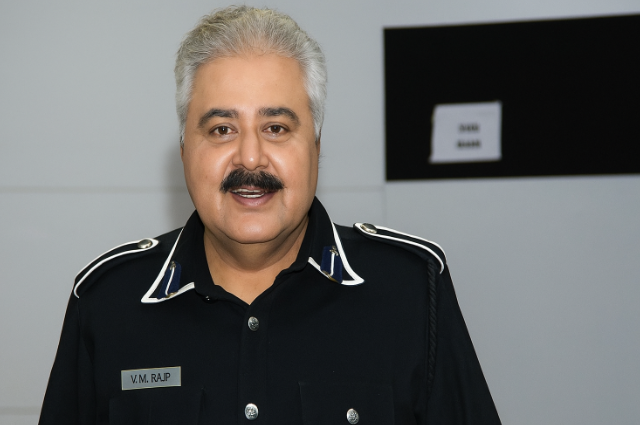
Satish Shah (1951–2025): A Life of Laughter and Love
Satish Shah (1951–2025) was a beloved figure in Indian cinema and television, best known for his impeccable comedic timing and memorable roles, especially as Indravadhan Sarabhai in the iconic sitcom Sarabhai vs Sarabhai. His professional life was a testament to his talent, spanning over five decades.
However, his final months were marked by a profound private struggle concerning his health, culminating in his passing on October 25, 2025, at the age of 74. The initial public confusion regarding his health revolved around the type of organ transplant he underwent. While the initial reports mentioned a liver transplant, credible accounts from close friends and industry colleagues — including producer J.D. Majethia and actor Sachin Pilgaonkar — confirmed that Satish Shah had been battling chronic kidney-related ailments and had undergone a kidney transplant earlier in 2025.
The Decision for the Transplant
The narrative surrounding his decision to undergo the kidney transplant is deeply moving, providing a glimpse into his personal life and his strong bond with his wife, Madhu Shah.
According to his friend, actor and director Sachin Pilgaonkar, Satish Shah’s motivation for the high-risk procedure was primarily to “extend his life so that he could take care of Madhu.” This reveals a profound commitment and selflessness, illustrating that even in the face of grave illness, his priority was the well-being of his spouse.
For a man who brought so much laughter to the nation, this reason highlights the seriousness of his condition and his determined fight to remain present for his family. He underwent the procedure, reportedly in Kolkata, with a singular goal rooted in love and duty — keeping his health struggle intensely private from the media.
The Medical Battle and Complications
A kidney transplant is a major surgery, and for a person in their seventies, it carries significant risks, especially regarding post-operative care and the body’s susceptibility to infection.
While the transplant itself was initially reported as successful, the post-operative period proved challenging. Satish Shah’s health deteriorated due to a post-transplant infection. Organ transplant recipients require lifelong immunosuppressive medication to prevent rejection, but this weakens the immune system, making them highly vulnerable to infections — a risk that can be life-threatening, particularly in elderly patients.
Close colleagues, including J.D. Majethia, revealed that despite initial recovery, the infection became a critical factor in his final decline. The situation underscored that a transplant is not the end of the medical journey, but the beginning of a delicate balance between medication, hygiene, and vigilance.
The Final Hours
The news of his death was sudden and deeply shocking to his industry peers, partly because Satish Shah was known for his optimism and had maintained contact with friends right up until his final day.
In his final hours on October 25, 2025, the actor collapsed at his residence in Bandra, Mumbai. His manager provided a heartbreaking account, stating that he collapsed while having lunch. He was immediately rushed to P.D. Hinduja Hospital & Medical Research Center, but despite the emergency team’s efforts, including CPR administered en route and at the hospital, he could not be revived.
The cause of death was medically certified as kidney-related complications (kidney failure) exacerbated by infection following the transplant.
Moments before his collapse, his positive spirit remained evident. Just hours earlier, he had reportedly spoken with co-star Ratna Pathak Shah and exchanged messages with friend Sachin Pilgaonkar, saying he was feeling well. The sudden turn of events highlighted the unpredictability and rapid decline that can follow severe post-transplant complications.
A Legacy of Laughter and Resilience
Satish Shah’s final journey serves as a powerful reminder of the private resilience required of those who dedicate their lives to public service and entertainment.
The story behind his kidney transplant is not one of medical success, but of profound personal courage and enduring love. He faced a terminal illness with the intent to defy it, driven by the simple desire to prolong his time with his wife.
His passing marked the end of an era for Indian comedy, but his final act — one of dignity, courage, and unconditional love — adds an emotional depth to his legacy that transcends his on-screen brilliance.
Reference
- https://timesofindia.indiatimes.com
- https://indianexpress.com
- https://www.indiatoday.in
- https://www.hindustantimes.com
- https://www.indiatoday.in
